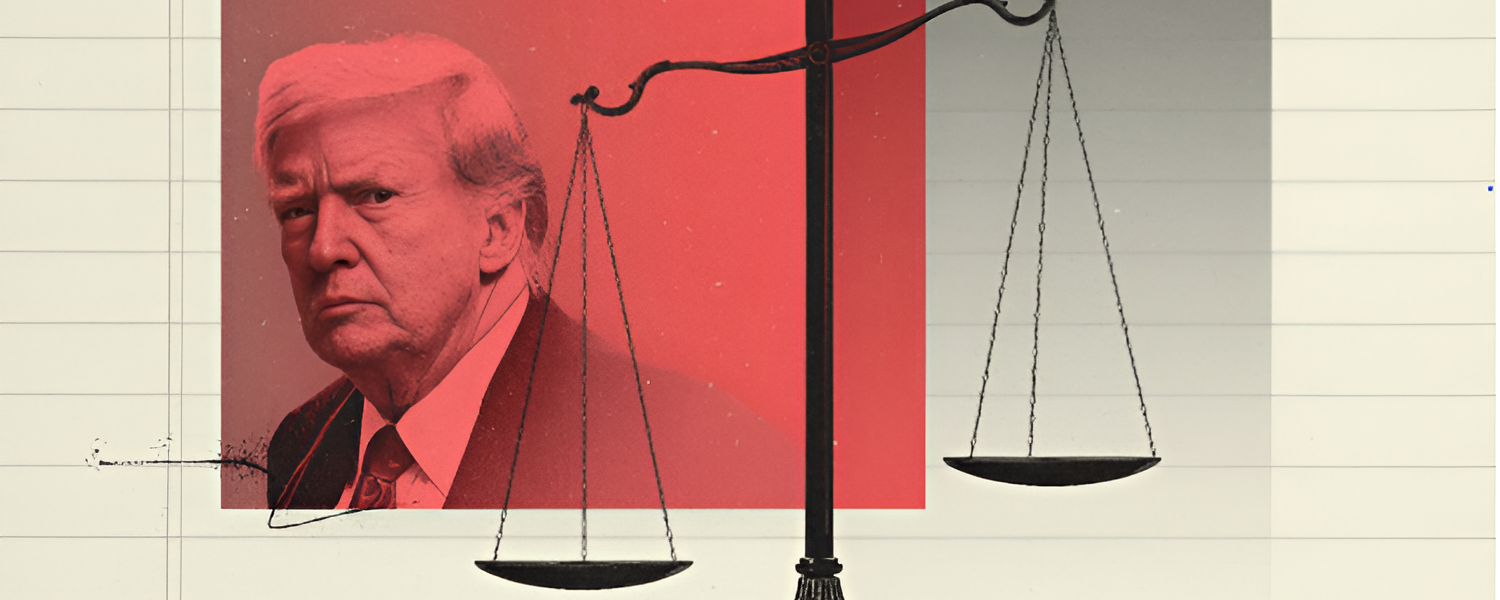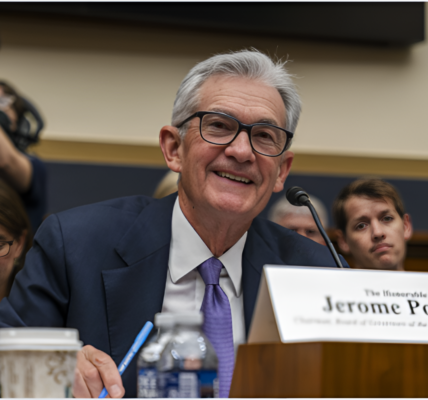
2024 has been a year like no other, packed with seismic headlines and historical moments. The conviction of Donald Trump, an assassination attempt weeks later, and the unexpected collapse of Joe Biden’s reelection bid—followed by the brief ascendancy of Kamala Harris—shook the nation to its core. Alongside these political upheavals, the United States grappled with protests over the Israel-Hamas war, a growing gender divide among young people, and deepening political polarization that has splintered families.
Yet, beneath the surface of these developments lies a legal narrative that challenges the American justice system’s fundamental promise: equality before the law. Donald Trump, now navigating four criminal cases and a slew of civil trials, has received privileges and considerations that would be unthinkable for the average defendant. While some argue these allowances are necessary given Trump’s status as a former president and current presidential candidate, they underscore the reality of a justice system bending under extraordinary circumstances.
Trump’s Legal Treatment: A Tale of Two Tiers
In many ways, Trump’s journey through the legal system highlights what he frequently decries as a “two-tiered system of justice.” Ironically, however, Trump often finds himself on the more favorable tier. From arraignment procedures to courtroom rhetoric, his cases reflect accommodations rarely afforded to ordinary defendants.
Unlike typical criminal suspects, Trump was not handcuffed, photographed for a mugshot (except in Georgia, which he famously leveraged for fundraising), or subjected to prolonged processing times. The reasons are practical—Secret Service protocols, the complexities of his high-profile status—but they reveal a system ill-equipped to handle a defendant of Trump’s stature.
Crossing Boundaries Without Consequences
Trump’s exceptionalism extends beyond procedural courtesies. While many criminal defendants face stringent restrictions on their public comments, Trump has repeatedly flouted such conditions. His social media posts and public statements include inflammatory rhetoric against judges, prosecutors, and witnesses—actions that would likely result in swift repercussions for anyone else.
In August, shortly after being indicted in the federal election interference case, Trump posted, “If you go after me, I’m coming after you.” He has since targeted figures such as retired Gen. Mark Milley, suggesting treason charges, and Michael Cohen, a key witness in his New York fraud case. These statements push the boundaries of what release conditions typically permit, yet Trump has avoided significant penalties.
The Cost of Special Treatment
Legal experts argue that Trump’s unique position—both as a former president and a presidential candidate—necessitates some level of accommodation. Judges and prosecutors may hesitate to impose harsher consequences, fearing accusations of political interference or exacerbating already heightened tensions. Yet this caution comes at a price. By appearing to apply a different standard to Trump, the justice system risks undermining public trust in its impartiality.
Russell Gold, a law professor at the University of Alabama, notes the stark disparity: “I can’t imagine any other defendant posting on social media about a judge’s family and not being very quickly incarcerated.” The reluctance to treat Trump as an ordinary defendant, while understandable, raises questions about accountability and fairness.
A System Under Strain
Trump’s legal saga reveals the strain placed on a system designed for ordinary defendants, not former presidents who remain political juggernauts. Nearly 500,000 Americans are held in jail awaiting trial, unable to meet bail or comply with strict release conditions. Trump, by contrast, remains free with minimal restrictions, despite facing charges across four criminal cases.
As the first of his trials begins in New York, the broader implications for the justice system will come into sharper focus. Trump’s legal battles are not just about his personal culpability but about how America reconciles its foundational ideals with the realities of power, privilege, and unprecedented challenges.
In the end, Trump’s exceptional treatment—whether justified or not—casts a spotlight on the fragility of a system struggling to adapt to extraordinary circumstances. As 2024 unfolds, the question remains: Can justice truly be blind in the face of such a singular defendant?





